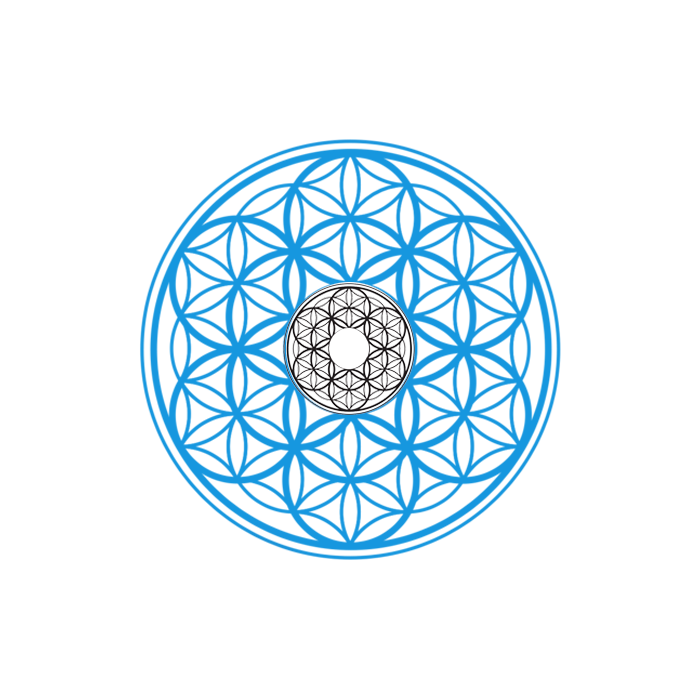Dara Shikoh: The Confluence of Oceans – Exploring the Link Between Sufism and Hinduism
Dara Shikoh, the eldest son of Mughal Emperor Shah Jahan, stands as a luminous figure in the rich tapestry of South Asian history. A philosopher, poet, and a seeker of spiritual unity, Dara Shikoh sought to bridge the chasm between two great religious traditions of the Indian subcontinent: Sufism and Hinduism. His life and works symbolize the confluence of two spiritual oceans, revealing the profound commonalities between these seemingly disparate paths.
A Sufi Prince in a Divided Empire
Born in 1615, Dara Shikoh was groomed to inherit the Mughal throne, but his true passion lay in the mystical and spiritual realm. He was deeply influenced by Sufism, particularly the teachings of the Qadiri order, and revered his spiritual guide, Mullah Shah Badakhshi. Dara’s poetic and philosophical works, such as Sakinat-ul-Auliya and Risala-e-Haq Numa, reflect his devotion to the Sufi ideals of divine love, unity, and tolerance.
However, Dara’s Sufism did not stop at the boundaries of Islam. His insatiable curiosity led him to explore the sacred texts of Hinduism, which he approached with an open heart and a profound sense of reverence. This exploration culminated in his magnum opus, Majma-ul-Bahrain (The Confluence of Two Oceans), a comparative study of Sufism and Hinduism that highlights their shared spiritual essence.
The Majma-ul-Bahrain: A Vision of Unity
In Majma-ul-Bahrain, Dara Shikoh draws parallels between Islamic and Hindu mysticism. He equates the Sufi concept of wahdat al-wujud (the unity of existence) with the Advaita Vedanta philosophy of non-dualism, which asserts that the individual soul (Atman) and the universal soul (Brahman) are one. Both traditions, according to Dara, converge on the idea that the divine is immanent and accessible through inner realization.
Dara also translated 52 Upanishads into Persian, naming them Sirr-e-Akbar (The Greatest Mystery). This monumental work opened Hindu scriptures to the Persian-speaking world and, by extension, to the Islamic intellectual tradition. His translations were later studied by European scholars, influencing the Western understanding of Indian philosophy.
Creator is the first and the last.
Commonalities Between Sufism and Hinduism
Dara Shikoh’s writings illuminate several points of convergence between Sufism and Hinduism:
- Unity of God: Both traditions emphasize the oneness of the divine, transcending names, forms, and sectarian divisions.
- Inner Mysticism: Sufism’s focus on tariqa (the spiritual path) mirrors the Hindu pursuit of self-realization through meditation, devotion, and yoga.
- Divine Love: The Sufi’s yearning for union with the Beloved parallels the bhakti (devotional) tradition in Hinduism, where love and surrender to God form the core of spiritual practice.
- Tolerance and Syncretism: Both traditions advocate harmony and acceptance, valuing spiritual truths over ritualistic orthodoxy.



